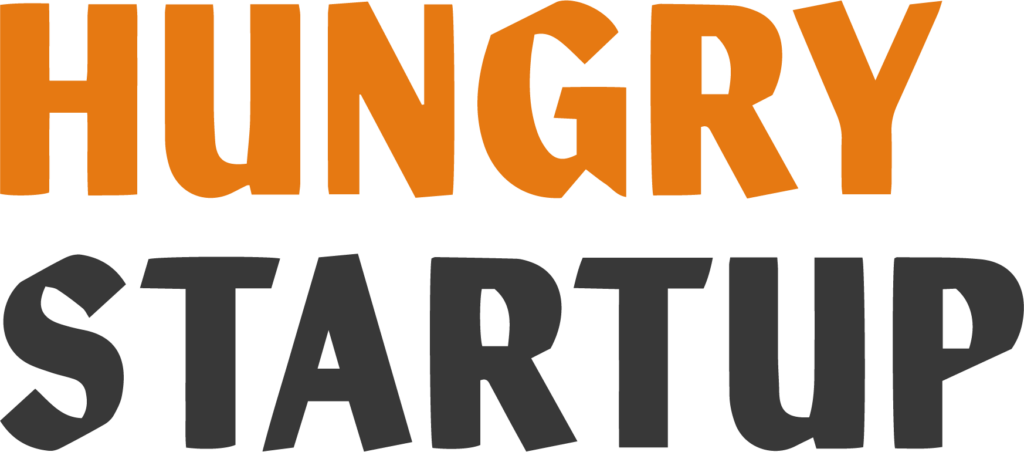You want money? They want answers! Venture capitalists and investors have some commonly asked questions when evaluating a startup. These questions cover various aspects of a startup’s business, operations, strategy, and risks. Depending on your industry, here are 101 short and to-the-point questions you might consider answering to yourself before talking to an investor:
- What problem does your product/service solve?
- Who is your target market?
- What is your unique value proposition?
- How big is the market opportunity?
- What is your business model?
- How do you acquire customers?
- What is your revenue model?
- How do you plan to scale your business?
- What are your key metrics for success?
- Who are your competitors?
- What differentiates you from your competitors?
- How do you protect your intellectual property?
- What is your pricing strategy?
- How do you plan to achieve customer retention?
- What is your customer acquisition cost (CAC)?
- How do you plan to monetize your user base?
- What is your customer lifetime value (CLTV)?
- How do you plan to reach profitability?
- What is your go-to-market strategy?
- What is your sales and marketing strategy?
- How do you plan to expand into new markets?
- How do you plan to address customer feedback?
- What is your product development roadmap?
- What is your customer churn rate?
- How do you plan to attract and retain talent?
- What is your burn rate and runway?
- How do you plan to optimize your cost structure?
- What is your cash flow projection?
- What is your funding history and current cap table?
- What is the total addressable market (TAM)?
- How do you measure and track customer satisfaction?
- What are the key risks and challenges you face?
- How do you plan to mitigate those risks?
- What is your current monthly/annual revenue?
- What is your gross margin?
- How do you plan to allocate the investment funds?
- What is your team’s background and experience?
- What is your team’s track record of success?
- How do you plan to incentivize and retain employees?
- What is your company’s culture and values?
- What milestones have you achieved so far?
- How do you plan to use data and analytics to drive growth?
- What is your customer acquisition strategy?
- What is your go-to-market timeline?
- What partnerships or collaborations do you have in
- How do you plan to stay ahead of technological advancements in your industry?
- What is your plan for international expansion?
- How do you manage and protect user data?
- What is your customer support and service strategy?
- How do you plan to adapt to changing market trends?
- What is your plan for regulatory compliance?
- How do you measure and track your social impact?
- What is your plan for sustainable and responsible business practices?
- How do you plan to manage and mitigate cybersecurity risks?
- What is your plan for disaster recovery and business continuity?
- How do you plan to handle potential legal challenges?
- What is your plan for managing cash flow during seasonal fluctuations?
- How do you plan to attract and retain strategic partnerships?
- What is your plan for managing inventory and supply chain?
- How do you plan to navigate potential industry disruptions?
- What is your plan for talent acquisition and retention in a competitive market?
- How do you approach diversity and inclusion within your team?
- What is your plan for continuous innovation and product development?
- How do you plan to adapt to changing customer preferences?
- What is your plan for managing and optimizing your online presence?
- How do you plan to adapt to evolving marketing channels and strategies?
- What is your plan for managing and leveraging customer data?
- How do you plan to manage and protect your brand reputation?
- What is your plan for managing and optimizing your supply chain?
- How do you plan to manage currency exchange rate fluctuations?
- What is your plan for managing and minimizing operational risks?
- How do you plan to ensure a positive user experience across platforms?
- What is your plan for managing and optimizing your distribution channels?
- How do you plan to maintain a competitive pricing strategy?
- What is your plan for managing and optimizing your production processes?
- How do you plan to stay ahead of changing regulatory requirements?
- What is your plan for managing and optimizing your customer relationship management?
- How do you plan to manage and optimize your logistics and transportation?
- What is your plan for managing and optimizing your manufacturing processes?
- How do you plan to adapt to changing consumer behavior and preferences?
- What is your plan for managing and optimizing your research and development efforts?
- How do you plan to manage and optimize your quality control processes?
- What is your plan for managing and minimizing product returns and refunds?
- How do you plan to manage and optimize your customer feedback and reviews?
- What is your plan for managing and optimizing your inventory and stock levels?
- How do you plan to manage and minimize product defects and recalls?
- What is your plan for managing and optimizing your customer loyalty and retention programs?
- How do you plan to manage and optimize your customer feedback and support systems?
- What is your plan for managing and minimizing customer complaints and escalations?
- How do you plan to manage and optimize your product packaging and labeling?
- What is your plan for managing and optimizing your product warranties and guarantees?
- How do you plan to manage and minimize product obsolescence and inventory write-offs?
- What is your plan for managing and optimizing your customer onboarding and training processes?
- How do you plan to manage and optimize your customer referral and advocacy programs?
- What is your plan for managing and minimizing product counterfeiting and intellectual property infringement?
- How do you plan to manage and optimize your customer segmentation and targeting strategies?
- What is your plan for managing and optimizing your customer engagement and communication channels?
- How do you plan to manage and minimize product liability and legal disputes?
- What is your plan for managing and optimizing your customer satisfaction surveys and feedback loops?
- How do you plan to manage and minimize product price erosion and margin pressure?
- Do you have any questions for investors?
Learning leads to leverage. Get quality short posts every now and then. Stay hungry!


